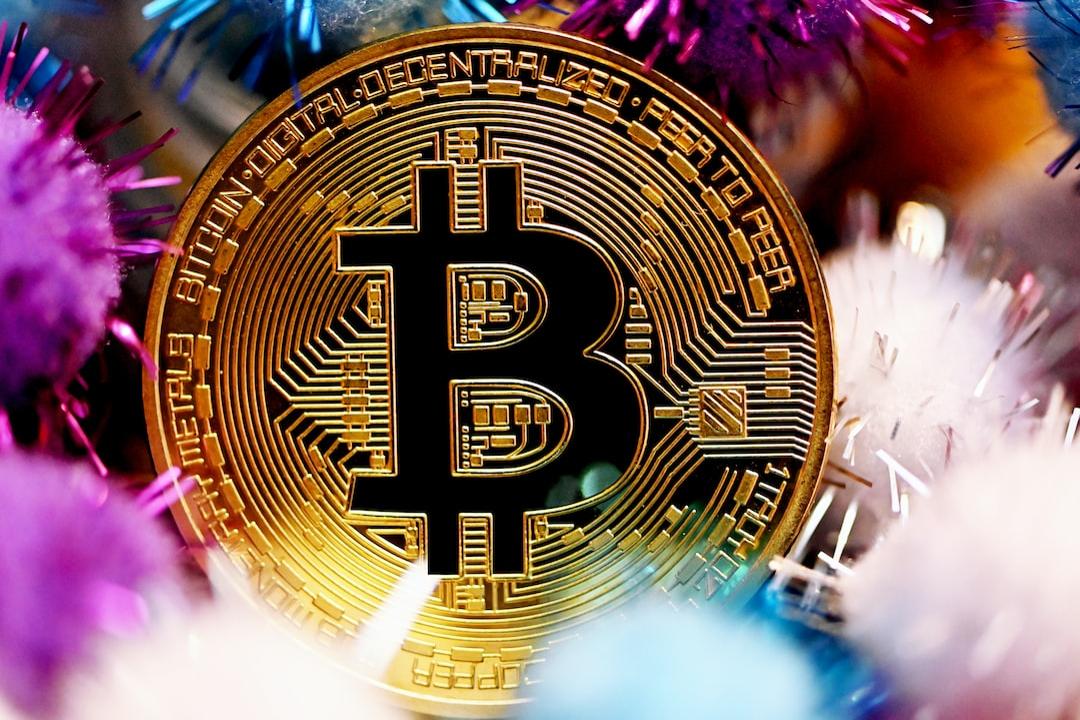In recent years, there has been a significant increase in calls for the censorship of free speech in the name of protecting against misinformation. However, it is essential to allow citizens to judge the truth for themselves. While there is no viable alternative to this, better platforms could provide tools to assist them in doing so.
Calls for government-enforced censorship have come from various sources worldwide. The EU, Brazil, and the United States have all taken steps to enforce social media censorship. Mark Zuckerberg, the founder of Facebook, has expressed regret for giving in to pressure from the White House during the pandemic. Additionally, Tim Walz has claimed that there is no guarantee of free speech when it comes to misinformation.
Misinformation has always been a problem, and it is not clear whether people are more susceptible to falsehoods now than they were in the past. Examples of misinformation spread in the past include the justification of the Iraq War, the “Satanic Panic” of the 1980s, McCarthy’s Red Scare in the 1950s, and the persecution of witches. The real danger of misinformation today lies in the ability of bad actors, empowered by AI, to deliberately promote false information. Coordinated fake accounts create the illusion of consensus and make fringe ideas seem mainstream. The closed ecosystems of popular social media platforms make it difficult to assess the reputation of sources or the origin of claims.
Politicians themselves are not necessarily trustworthy, as public trust in government is at historic lows. Many censorship efforts have targeted information that later turned out to be true, while government-backed narratives have been discredited. The intelligence apparatus has even suppressed and mislabeled certain stories as “Russian disinformation.” During the pandemic, legitimate scientific debate was silenced, and officials promoted claims that they later had to reverse. Elon Musk and Mark Zuckerberg have both revealed the scale of government pressure on social platforms to suppress specific voices and viewpoints.
The lack of trust is the main issue we face. Citizens have lost faith in institutions, traditional media, and politicians. Content platforms are constantly accused of political bias, regardless of whether they moderate content impartially or not. Blockchains offer a solution to this problem. They provide open and verifiable systems that anyone can inspect, eliminating the need for faith in centralized authorities. Every account has a transparent history and reputation, and every piece of content can be traced to its source. No central authority can be pressured to manipulate results or enforce rules selectively. Blockchains enable powerful forms of verification and can be used to verify attributes like residence, citizenship, or professional credentials.
Cryptographic verification can extend beyond blockchain transactions. The Content Authenticity Initiative is developing protocols that act as digital notaries for cameras and content creation. These protocols sign digital content at the moment of capture, embedding secure metadata about its creation and modification. This enables verifiable authenticity that anyone can inspect.
Open protocols also allow third parties to build tools for users to evaluate truth and control their online experience. Reputation systems, fact-checking services, content filters, and analysis tools can all operate on the same verified data. Users have real tools and choices when it comes to assessing information.
Trust is a scarce asset, and as faith in institutions erodes, users will demand verifiability and transparency from their content. New systems based on cryptographic proof will replace institutional authority. The technology for this future already exists, and adoption will follow necessity.

